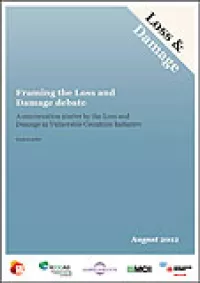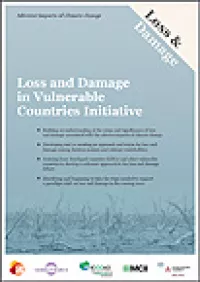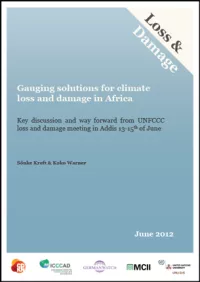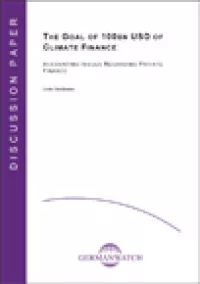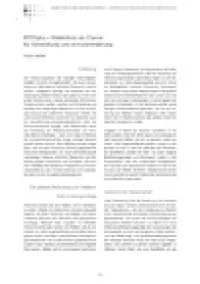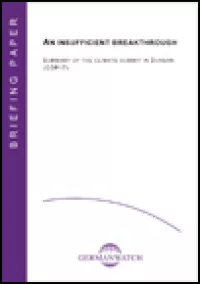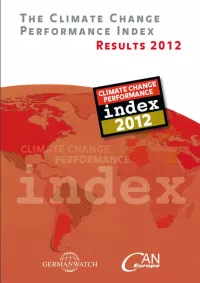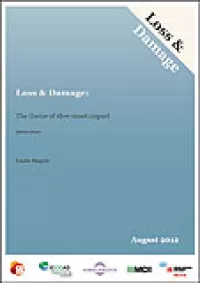
This policy briefing sets out a number of the issues relating to the slow onset portion of the climate change loss and damage agenda. It is not meant to be an exhaustive analysis of this new and sometimes complex subject. Instead, it should serve to introduce the concept of loss and damage related to slow onset climate change hazards and provide sign posts to guide further investigation of the subject – in particular for those institutions, experts and country representatives participating in the current work programme on loss and damage under the UN Framework Convention on Climate Change (UNFCCC).

